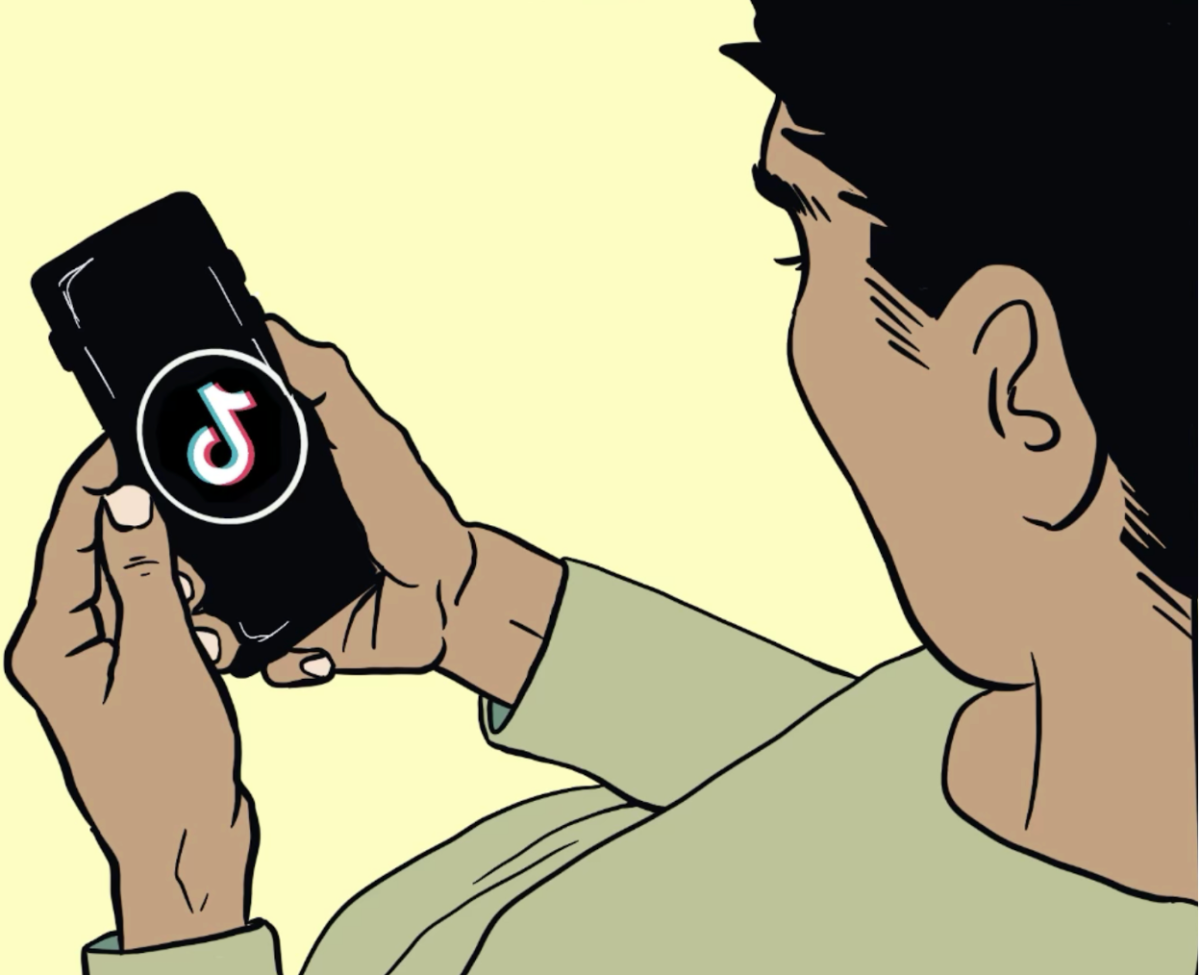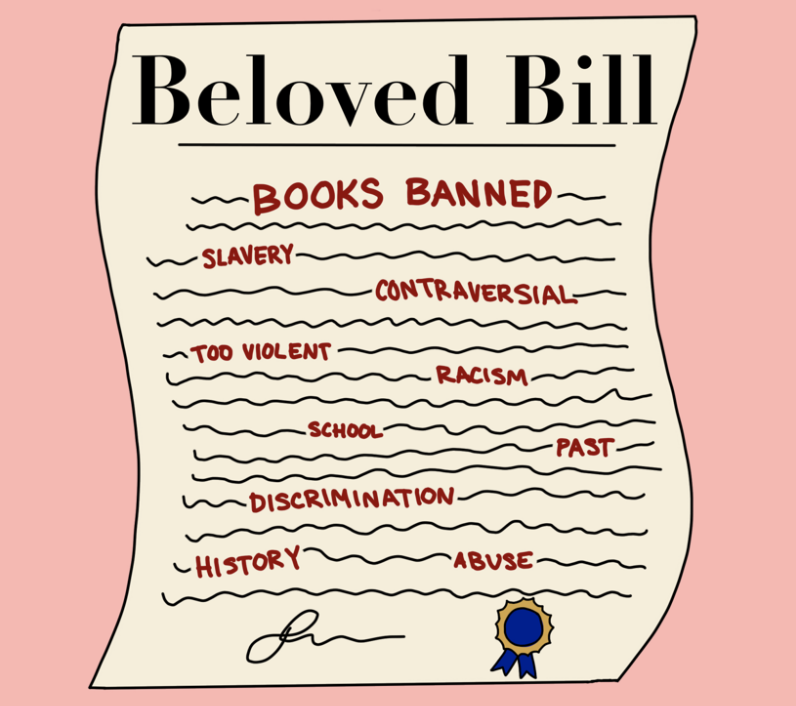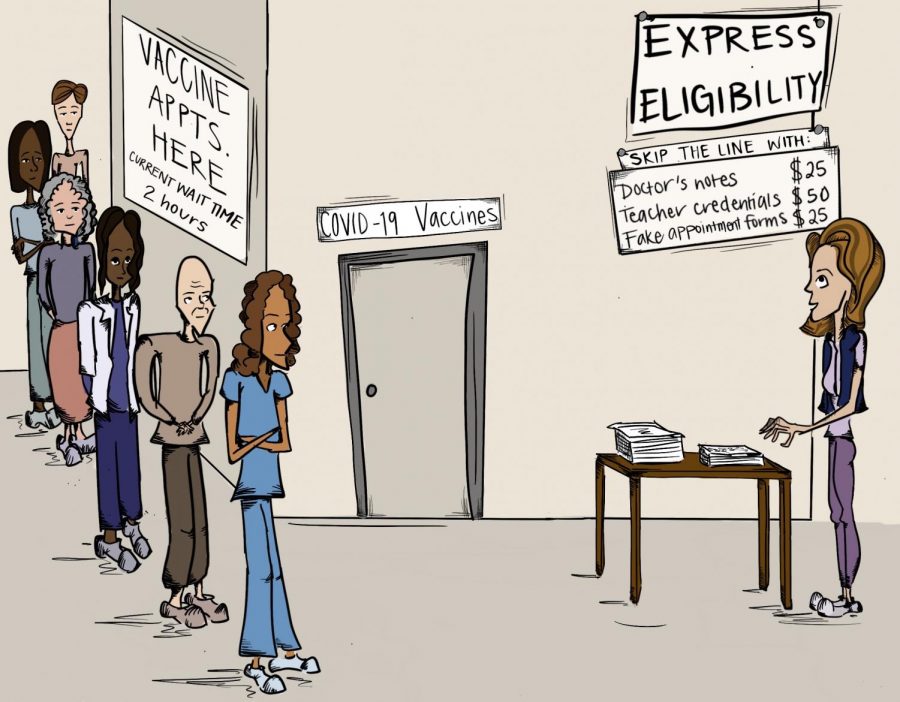Staff Editorial
Music is there for teens at times when their worlds are collapsing and changing as they grow — those times when they begin to ask, in the words of Tegan and Sarah, “Where does the good go?”
In brooding over a first crush or a bad grade or a fight with parents, an emotionally unstable adolescent can simply switch on the radio or an iPod and listen to her favorite artists sing about her own troubles mirrored in the lyrics.
And concerts, those often massive gatherings of fans and music-lovers coming together in the name of dancing and singing at the top of their lungs with a performance of favorite songs played at ear-splitting decibels, are musical experiences that fill listeners with adrenaline and provide an escape from the trials of growing up.
But some fans are being cut off from seeing their favorite bands live. California law states if a venue serves liquor and no food, then it can only be open to ages 21 and older.
Age should not be the deciding factor as to who gets to see a performance. That barrier is unfair to teens who appreciate the messages and artistry in their favorite styles of music.
Music is entertainment. And some entertainment, like movies and television, is regulated with age restrictions. There is no age limit on bands. There is no age limit on what music people listen to. If people already listen to the kinds of music they love, they should be allowed to listen in concert.
San Francisco’s teens are unable to experience the iconic culture of the city they live in. San Francisco’s past is intertwined with the history of music. It is hard to imagine this city without clubs like Bottom of the Hill, Slim’s, Café du Nord and the Great American Music Hall that have shaped the San Francisco music scene.
It would be difficult to find someone who did not enjoy any type of any music played by any artist ever. Live music has been around since humankind has had free time. Clubs should respect music’s universal appeal, and should keep music accessible to all age groups.
Locking teens out is not the only answer to preventing underage drinking. A few clubs have wristband systems requiring all customers to provide identification. This provides a compromise for both teenagers and adults alike.
Teens looking to have fun with friends on a Saturday night should not be kept from getting their albums signed by famous bands or dancing to good music simply because there is alcohol in the room.












